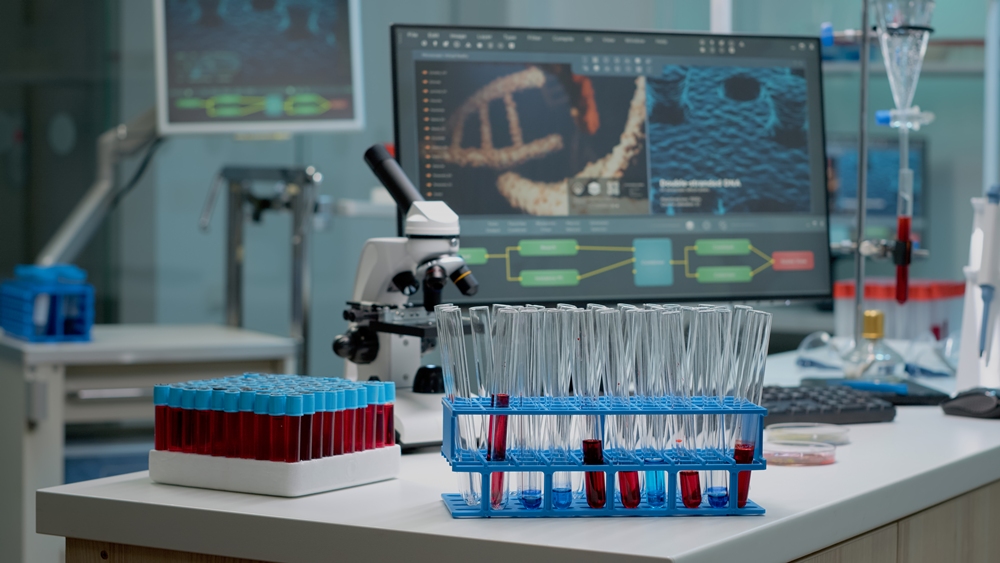
A deep learning model achieved up to 98 per cent accuracy in distinguishing autistic from neurotypical participants.
The artificial intelligence system analyses resting-state fMRI scans – brain imaging that tracks blood-oxygen changes – and produces maps showing which brain regions shaped its decisions.
Researchers from the University of Plymouth tested the model on data from 884 participants aged 7 to 64.
It not only classified autism spectrum disorder (ASD) with high accuracy but also gave what its developers call “explainable insights”, including probability scores.
Dr Amir Aly, lecturer in artificial intelligence and robotics at the University of Plymouth, said: “There are more than 700,000 autistic people in the UK, and many others are waiting to be assessed.
“Because diagnosis still depends on a specialist, in-person behavioural evaluation, the journey to a confirmed decision can take many months – and, in some areas, years.
“Our work shows how AI can help: not to replace clinicians, but to support them with accurate results and clear, explainable insights, including a model-estimated probability score, to help prioritise assessments and tailor support once further validated.”.
The study used pre-processed data from the Autism Brain Imaging Data Exchange cohort, covering 17 sites.
Gradient-based explainability techniques proved most effective at showing which brain regions influenced predictions.
The project began as a final-year undergraduate project by BSc computer science student Suryansh Vidya, supervised by Dr Aly and researchers from the School of Engineering, Computing and Mathematics.
They were supported by colleagues from the psychology school and the Cornwall Intellectual Disability Equitable Research group.
PhD researcher Kush Gupta, a co-author, is now combining different types of multimodal data and machine learning models to develop what the team describes as a “robust and generalisable” system to support clinicians worldwide.
This complements Dr Aly’s wider research, which includes using robots to support autistic people and developing AI methods for health-sector data.
Professor Rohit Shankar MBE is professor in neuropsychiatry at the university, director of the CIDER group and the study’s senior author.
Shankar said: “We have shown that artificial intelligence has the potential to act as a catalyst for early autism detection and advancing diagnostic accuracy.
“However, some of Robert Frost’s words come to mind – ‘the woods are lovely dark and deep, but we have miles to go before we sleep’. In the same way, these are early prototypes which require further validation and research.”










